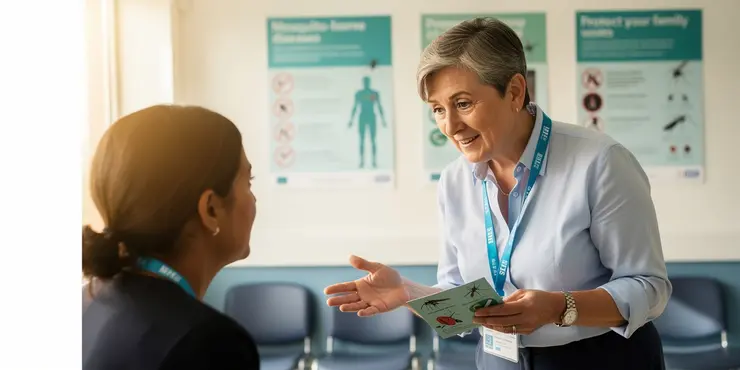
Find Help
More Items From Ergsy search
-
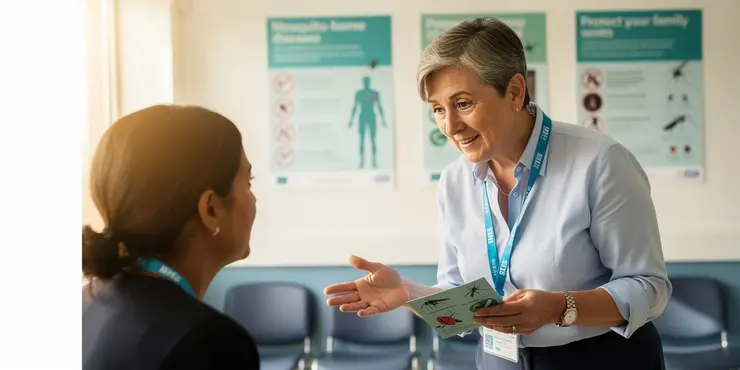
Are there any new mosquito-borne diseases emerging in the UK in 2025?
Relevance: 100%
-

What diseases are spread by mosquitos in the UK in 2025?
Relevance: 80%
-

Is there a season when mosquito-borne diseases are more likely in the UK?
Relevance: 65%
-

What research is being conducted on mosquito-borne diseases in the UK?
Relevance: 64%
-
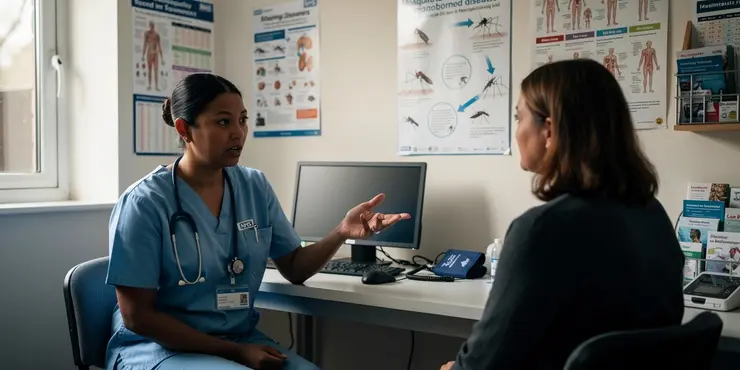
What regions of the UK are most affected by mosquito-borne diseases?
Relevance: 63%
-
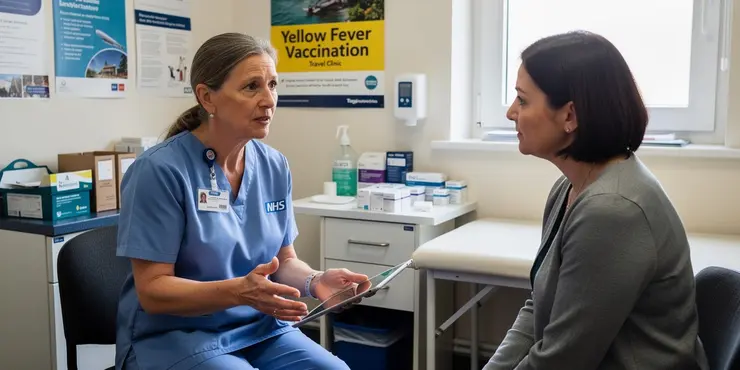
Are any vaccines available in the UK for mosquito-borne diseases?
Relevance: 59%
-

What symptoms should I watch for if I suspect a mosquito-borne disease?
Relevance: 54%
-
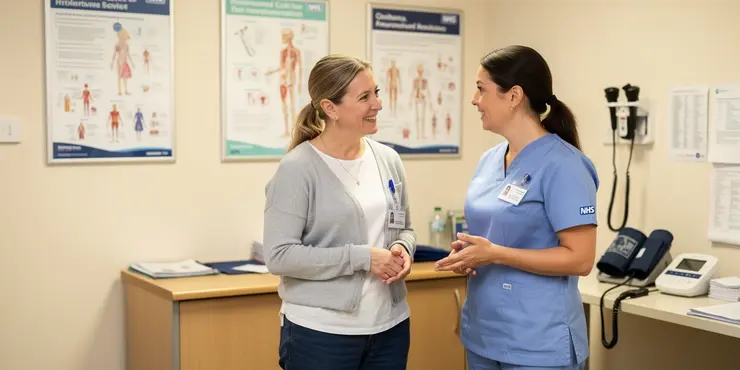
Do UK mosquitoes carry diseases?
Relevance: 47%
-
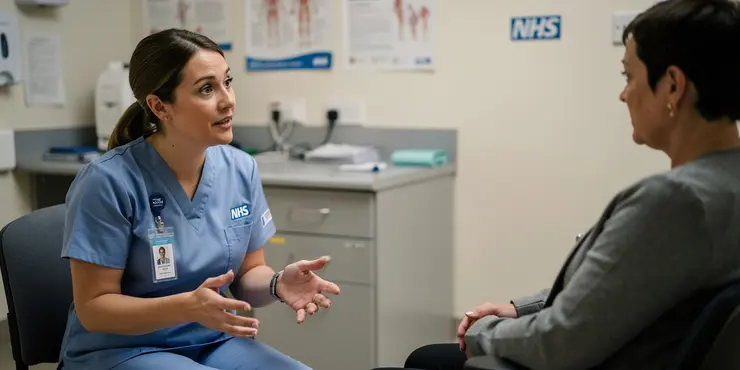
What are the changes for UK Driving Licenses by DVLA in 2025?
Relevance: 46%
-

What is the primary change to UK Driving Licenses by DVLA in 2025?
Relevance: 45%
-
Can mosquitoes transmit any bacterial diseases in the UK?
Relevance: 44%
-
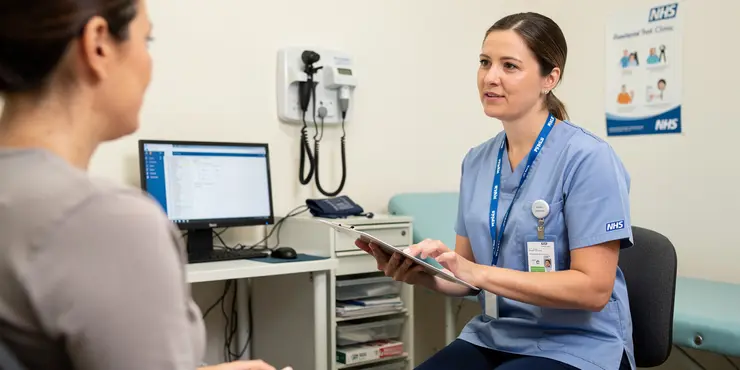
What should travelers to the UK know about mosquito-borne diseases?
Relevance: 44%
-
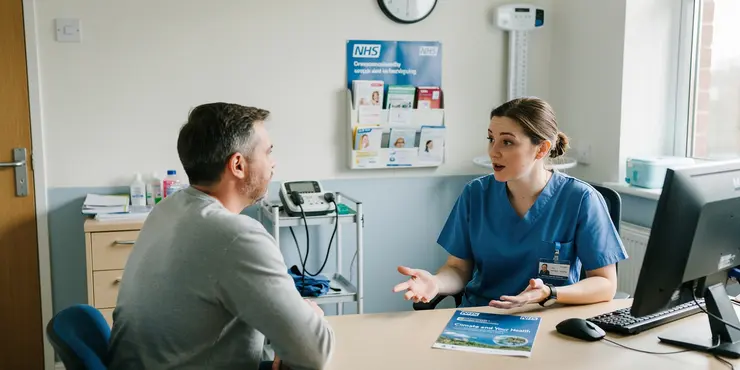
How do climate changes affect mosquito-borne diseases in the UK?
Relevance: 43%
-

What measures are being taken to prevent mosquito-borne diseases in the UK?
Relevance: 43%
-

What are the new Tenancy Law Reforms in the UK in 2025?
Relevance: 42%
-
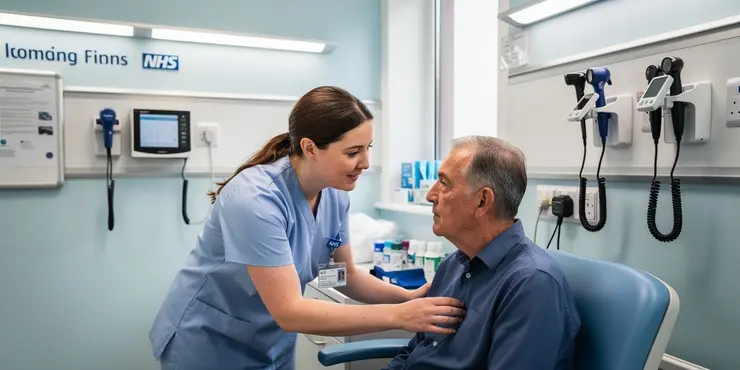
Is the physical card still valid after 2025?
Relevance: 39%
-
Do all mosquitoes in the UK carry diseases?
Relevance: 38%
-
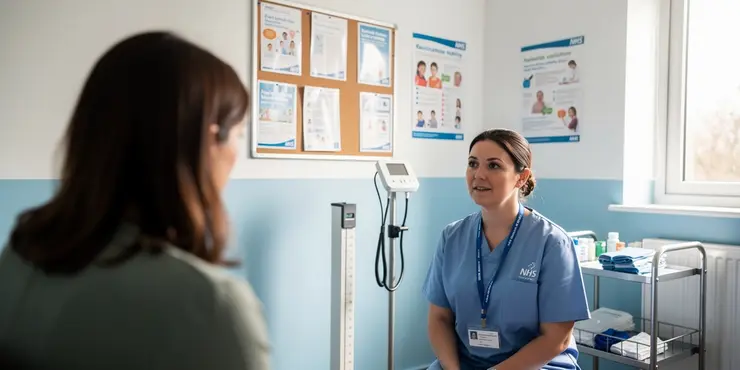
Are there any government initiatives to control mosquitoes in the UK?
Relevance: 32%
-

Common Scams to Avoid in 2025 (And How to Outsmart Them!) | Stay Safe Online
Relevance: 31%
-

Do spiders in the UK carry diseases?
Relevance: 30%
-

How common is Alzheimer's disease in the UK?
Relevance: 29%
-

Can dengue fever be contracted in the UK?
Relevance: 28%
-
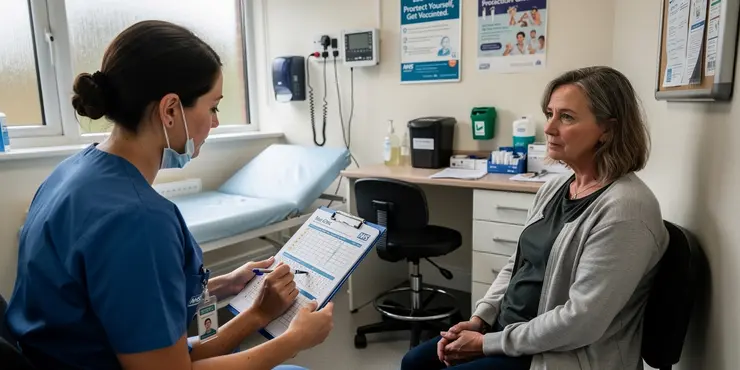
Is there a risk of yellow fever being spread by mosquitoes in the UK?
Relevance: 28%
-

What support is available for people with Crohn's disease in the UK?
Relevance: 28%
-

Are UK mosquitoes capable of transmitting Zika virus?
Relevance: 27%
-
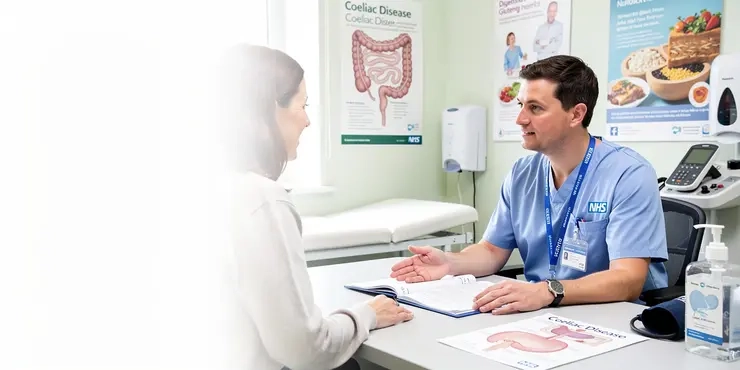
Coeliac Disease: Session 1: What is Coeliac Disease?
Relevance: 24%
-

Common Scams to Avoid in 2025 (And How to Outsmart Them!) | Stay Safe Online
Relevance: 24%
-

Is Crohn's disease contagious?
Relevance: 23%
-

Coeliac disease
Relevance: 23%
-

Can mosquitoes in the UK enter houses?
Relevance: 22%
-
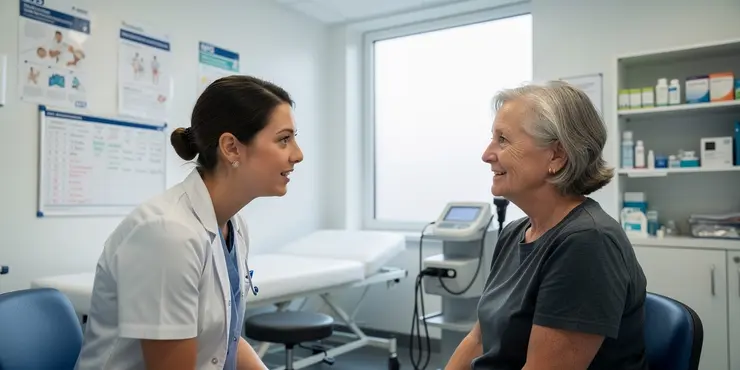
Is there a cure for Crohn's disease?
Relevance: 22%
-
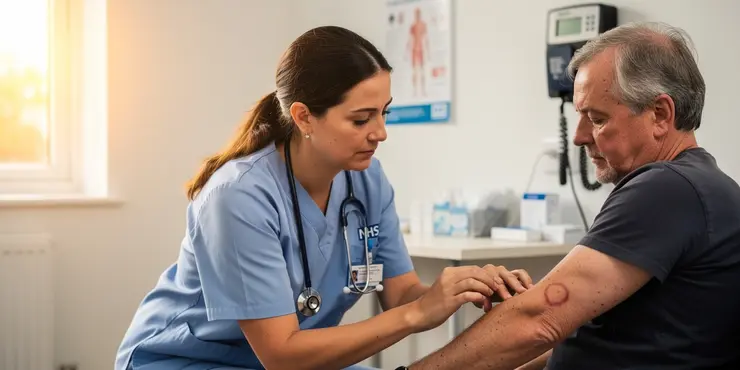
Lyme disease: What is it?
Relevance: 22%
-

What is the key purpose of the UK Tenancy Law Reforms in 2025?
Relevance: 22%
-

What is Alzheimer's disease?
Relevance: 22%
-

Living Well with Coeliac Disease
Relevance: 22%
-

What types of mosquitoes are found in the UK?
Relevance: 22%
-

Introduction to Sickle cell disease
Relevance: 22%
-

What treatments are available for Crohn's disease?
Relevance: 21%
-

Can children develop Crohn's disease?
Relevance: 21%
-

What is Crohn’s disease and how is it treated?
Relevance: 21%
Mosquito-Borne Disease Overview in the UK
Mosquito-borne diseases are illnesses that are transmitted to humans through the bites of infected mosquitoes. These diseases are a significant global public health concern, particularly in tropical and subtropical regions. However, with changing climatic conditions and increased global travel, the potential for these diseases to emerge in new areas, including the UK, is a topic of growing interest and concern.
Current Mosquito-Borne Diseases in the UK
As of 2023, the UK has not seen widespread outbreaks of mosquito-borne diseases that are prevalent in other parts of the world, such as malaria, dengue fever, or Zika virus. However, cases of mosquito-borne illnesses have occurred, typically imported by travelers returning from endemic areas. The main mosquito species found in the UK are unlikely to carry and transmit these diseases, although environmental changes could alter this.
Potential for Emerging Diseases in 2025
Looking towards 2025, scientists and public health officials are actively monitoring the situation for any developing trends or incidences of new mosquito-borne diseases. Changes in the UK's climate, such as milder winters and warmer, wetter summers, could create more suitable habitats for mosquito populations, increasing the risk of disease emergence.
One area of concern is the possible introduction of new mosquito species that are capable of transmitting diseases not currently present in the UK. For example, the tiger mosquito, Aedes albopictus, known to spread dengue fever, Chikungunya, and Zika virus, has been detected in parts of Southern Europe and could potentially establish a presence in the UK.
Preventive Measures and Public Health Strategies
To mitigate the threat of emerging mosquito-borne diseases, the UK has implemented various preventive measures. This includes rigorous surveillance programs to monitor mosquito populations and detect novel species. Public health organizations are also engaged in research to better understand the ecology of mosquitoes and how they might adapt to changing environments.
Additionally, public awareness campaigns are key components of the strategy, educating people on how to protect themselves from mosquito bites, especially when traveling to areas with known outbreaks. Measures such as using insect repellent, installing window screens, and eliminating standing water can significantly reduce the risk of mosquito-borne diseases.
Conclusion
While no new mosquito-borne diseases have been reported in the UK over the past few years, the situation remains dynamic, with ongoing research and surveillance critical for early detection and prevention. The collaboration between scientific, governmental, and public sectors is essential to addressing the potential challenges as the UK prepares for the possibility of emerging diseases related to mosquito populations.
Mosquito Diseases in the UK
Some diseases spread through mosquito bites. These are called mosquito-borne diseases. They are common in hot places around the world. But because of changes in weather and more travel, these diseases might come to new places, like the UK. This is why people are concerned.
Diseases in the UK Now
In 2023, the UK does not have big outbreaks of diseases like malaria, dengue fever, or Zika virus, which spread through mosquitoes. Sometimes, people who traveled to places with these diseases bring them back to the UK. The mosquitoes in the UK usually do not spread these diseases, but changes in the environment could change that.
New Diseases by 2025
Looking at 2025, experts are watching closely to see if new mosquito diseases appear. The UK's weather is getting warmer and wetter, which could make it easier for mosquitoes to live and spread disease.
There is concern about new types of mosquitoes coming to the UK. For example, the tiger mosquito can spread diseases like dengue fever and Zika virus. It has been found in Southern Europe and might come to the UK.
Stopping the Spread
The UK is trying to stop the spread of mosquito diseases with different measures. They carefully watch mosquito numbers and look for new types of mosquitoes. Experts are also studying mosquitoes to learn more about them and how they might change.
It is important to teach people how to protect themselves from mosquito bites, especially if they travel to places with mosquito diseases. Using bug spray, putting screens on windows, and getting rid of standing water can help stop mosquito diseases.
Conclusion
Right now, there are no new mosquito diseases in the UK. But the situation can change quickly, so it's important to keep researching and watching for new cases. Scientists, the government, and the public need to work together to be ready if new mosquito diseases come to the UK.
Frequently Asked Questions
Are there any new mosquito-borne diseases reported in the UK in 2025?
As of now, there are no officially reported new mosquito-borne diseases emerging in the UK in 2025. Monitoring and research are ongoing.
What are the existing mosquito-borne diseases in the UK?
The UK occasionally experiences cases of diseases like West Nile virus and malaria, typically imported via travel, but these are not endemic.
How is climate change affecting the emergence of mosquito-borne diseases in the UK?
Climate change can expand the range of mosquitoes, potentially introducing new diseases, but the UK currently remains at low risk.
What measures are in place to monitor mosquito-borne diseases in the UK?
The UK has surveillance programs monitoring mosquito populations and potential disease importation.
Could mosquitoes in the UK carry Zika virus in 2025?
Current UK mosquito species are not suitable vectors for Zika virus transmission, but monitoring continues.
What should travelers know about mosquito-borne diseases when visiting the UK?
Travelers should be aware that the risk of mosquito-borne diseases in the UK is very low.
Is there a risk of dengue fever becoming common in the UK by 2025?
Dengue fever is not currently present in the UK, and the risk remains low as of 2025.
Are there new mosquito species identified in the UK recently?
Authorities periodically identify new mosquito species, but none have been linked to new diseases in 2025.
How can residents protect themselves from mosquito bites in the UK?
Residents are advised to use repellents, cover skin, and use nets if concerned, although current risks are low.
What role do health organizations play in preventing mosquito-borne diseases in the UK?
They conduct research, monitor diseases, and implement prevention strategies to protect public health.
Have there been any recent outbreaks of mosquito-borne diseases in the UK?
As of 2025, there have been no significant outbreaks of mosquito-borne diseases in the UK.
What are the signs of mosquito-borne diseases that people in the UK should look for?
Symptoms are often flu-like, including fever and aches, and should be checked by a health professional.
Is malaria a concern for the UK population in 2025?
Malaria is not endemic in the UK, and cases are typically linked to travel to affected regions.
Could changes in the environment lead to mosquito-borne diseases in the UK?
Environmental changes can affect mosquito habitats, but current monitoring suggests a low risk in the UK.
What research is being conducted on mosquito-borne diseases in the UK?
Various studies are being done to understand mosquito behavior, disease risk, and climate impact on transmission.
Are UK mosquitoes capable of transmitting chikungunya virus?
UK mosquitoes are not known vectors for chikungunya, and the risk remains low as of 2025.
How does international travel affect mosquito-borne disease risks in the UK?
Travelers can import diseases, but UK health services are well-equipped to manage such cases.
What can be done if a new mosquito-borne disease does appear in the UK?
Immediate response includes public health alerts, increased surveillance, and vector control measures.
Are there vaccinations available for mosquito-borne diseases in the UK?
There are vaccinations for some diseases like yellow fever, but these are not routinely given in the UK.
How is public information about mosquito-borne diseases disseminated in the UK?
Public health channels, official websites, and media keep the public informed about risks and prevention.
Are there any new diseases spread by mosquitoes in the UK in 2025?
Do we know of any new illnesses that mosquitoes are spreading in the UK in the year 2025?
Tip: It might help to use a computer or tablet to look up the latest news. You can also ask someone to read it with you or use voice assistants to read aloud.
Right now, there are no new diseases from mosquito bites in the UK in 2025. People are still watching and checking to make sure everything is okay.
What mosquito sicknesses are in the UK?
Mosquitoes are tiny bugs that can make people sick. Here are the diseases they might carry in the UK. Remember, it's always good to stay safe and use bug spray or wear protective clothing to keep mosquitoes away.
Sometimes, people in the UK get sick with diseases like West Nile virus and malaria. These diseases usually come from people traveling to or from other countries. They don't naturally happen in the UK.
How is climate change making more people in the UK sick from mosquito bites?
Climate change is making the weather warmer. This warm weather helps mosquitoes live and grow.
These mosquitoes can carry diseases. When they bite people, they can make them sick.
Tools to help keep safe:
- Wear long sleeves and pants to cover skin.
- Use mosquito spray on your skin.
- Put nets on windows to keep mosquitoes out of your house.
Climate change can make the area where mosquitoes live bigger. This could bring new diseases. But right now, the UK is still safe from this risk.
Tips to Understand Better:
- Break sentences down into smaller parts.
- Use a dictionary or an online tool to help with hard words.
- Read with a friend or family member to ask questions.
How does the UK watch out for diseases spread by mosquitoes?
Scientists check places for mosquitoes. They look for diseases they might spread. This helps keep people safe.
Here are some ways they do it:
- Using traps to catch mosquitoes.
- Studying mosquitoes to see if they carry diseases.
- Watching areas where mosquitoes live.
If you want to learn more, you can use tools like simple books, pictures, or videos. They can help you understand better.
The UK has programs to watch mosquitoes and see if they bring in diseases.
Can mosquitoes in the UK have Zika virus in 2025?
The kinds of mosquitoes we have in the UK right now cannot carry the Zika virus. But we keep checking to make sure it stays that way.
What do travelers need to know about diseases spread by mosquitoes in the UK?
When you visit the UK, you should know about mosquitoes and the diseases they can carry. Mosquitoes are small insects that can spread sickness. But don't worry, the chance of catching a serious disease from mosquitoes in the UK is very low.
It is still a good idea to use bug spray and wear long sleeves if you are outside in the evening. This can help keep mosquito bites away.
If you do get a bite, don't scratch it. Scratching can make it hurt more. You can ask an adult to help you put cream on it.
There are useful tools to learn more. Picture books can help show what mosquitoes look like and how to stay safe. You can also watch videos with simple stories about mosquitoes.
People who are traveling should know that it is very rare to get sick from a mosquito bite in the UK.
Could dengue fever become common in the UK by 2025?
Dengue fever is not in the UK right now, and the chance of it coming is still small in 2025.
Have people found new types of mosquitoes in the UK lately?
Mosquitoes are small flying insects that can bite. Have scientists found any new kinds in the UK? If you're curious, you might use simple tools like picture books or videos to learn more. Ask a teacher or adult to help you understand.
Sometimes, experts find new kinds of mosquitoes. But, in 2025, these new mosquitoes do not spread any new diseases.
How can people stop mosquito bites in the UK?
Mosquito bites can be itchy and annoying. Here are some simple ways to protect yourself:
- Wear long clothes: Wear long sleeves, long trousers, and socks. This helps keep mosquitoes away from your skin.
- Use bug spray: Put bug spray on your skin. Look for ones made for mosquitoes. Follow the instructions on the bottle.
- Stay indoors at dusk and dawn: Mosquitoes are most active in the early morning and evening. Try to stay inside during these times.
- Close windows and use nets: Keep windows closed or use mosquito nets to stop them from getting inside.
- Remove standing water: Mosquitoes lay eggs in water. Empty water from pots, buckets, and other containers around your home.
- Ask for help: If it is hard to do this on your own, ask a friend or family for help.
If you are worried, here are some simple things you can do:
- Use bug spray to keep insects away.
- Wear clothes that cover your skin.
- Sleep under a net to stop bugs.
Don't worry too much; the risk is low right now.
How do health groups help stop diseases from mosquito bites in the UK?
They study how people get sick, keep track of illnesses, and create plans to help people stay healthy.
Are more people in the UK getting sick from mosquitoes lately?
In 2025, there haven't been any big sickness outbreaks in the UK caused by mosquitoes.
Tip: Use a calendar to keep track of important health news. You can also ask a grown-up for help if you have questions.
What are the signs of diseases from mosquitoes that people in the UK should watch for?
Mosquitoes can carry diseases that make people sick. It is important to know what signs to watch for.
Here are some signs to look for:
- Fever - feeling very hot and sweaty
- Headache - head hurting
- Tiredness - feeling very sleepy or weak
- Muscle or joint pain - body aches
- Feeling sick or vomiting
- Rash - itchy or bumpy skin
If you have any of these signs, tell a grown-up or see a doctor.
For help with reading, you can ask someone to read with you. Point to each word as you read, and ask questions if you are not sure about something.
Signs of feeling sick are a lot like the flu. You might get a fever or feel aches. You should ask a doctor to check it out.
Is Malaria a Problem for People in the UK in 2025?
Malaria is a sickness you get from mosquito bites. It usually happens in hot countries. In 2025, people living in the UK don’t need to worry much about malaria. But, if you travel to places where malaria is common, it's important to be careful.
You can use these tools and tips to help stay safe:
- Use insect spray to keep mosquitoes away.
- Sleep under a mosquito net.
- Take medicine to stop getting sick if the doctor says you should.
- Learn more about where malaria happens before you travel.
Malaria does not naturally occur in the UK. People usually get malaria when they travel to places where it happens a lot.
Can changes in the environment cause diseases from mosquitoes in the UK?
Changes in the environment can change where mosquitoes live. But right now, experts say there is a low chance of this being a problem in the UK.
What are scientists studying about diseases spread by mosquitoes in the UK?
Scientists in the UK are looking at diseases spread by mosquitoes. These tiny insects can make people sick. Scientists want to learn more to help keep everyone safe.
To understand better, people can use tools like:
- Videos: Watch videos about mosquitoes and diseases.
- Pictures: Look at pictures to see what mosquitoes look like.
- Books: Read simple books or ask someone to read to you.
These tools can make it easier to learn about the research and stay healthy.
Scientists are looking at how mosquitoes behave, how they spread diseases, and how the weather affects this spread.
Can mosquitoes in the UK spread the chikungunya virus?
Mosquitoes are small flying insects that can bite people.
The chikungunya virus is a sickness that can cause fever and joint pain.
Some mosquitoes can spread this virus when they bite.
We want to know if the mosquitoes in the UK can carry and spread this virus.
Tips to help understand:
- Use pictures to show what mosquitoes look like.
- Watch a video about how viruses spread.
- Talk with someone about why mosquito bites can be bad.
UK mosquitoes do not usually spread chikungunya. The risk is low in 2025.
How does traveling to other countries change the risk of catching diseases from mosquitoes in the UK?
When people travel to different countries, they might carry diseases back home.
Mosquitoes bite people and can spread diseases.
Traveling more means more risk of bringing mosquito diseases into the UK.
Using tools like bug spray and wearing long sleeves can help keep safe from mosquito bites.
If you feel sick after traveling, tell a doctor where you’ve been.
People who travel can bring back diseases, but doctors and nurses in the UK know how to take care of them.
What can we do if a new disease from mosquitoes shows up in the UK?
If mosquitoes bring a new disease to the UK, here's what we can do:
- Listen to news from doctors and scientists.
- Stay away from places with lots of mosquitoes.
- Use mosquito spray to keep them away.
- Wear long clothes to cover your skin.
- Go to the doctor if you feel sick.
Tools to help you understand:
- Ask someone you trust to explain news stories to you.
- Look for easy news or videos for kids.
- Use picture books about mosquitoes to learn more.
If there is a problem, we need to act quickly to help keep people safe. This means telling everyone what is going on, watching things closely, and trying to stop the problem from spreading.
Can you get shots for diseases from mosquitoes in the UK?
People in the UK usually don't need shots for diseases from mosquitoes.
If you are going to a different country, ask your doctor. They can tell you if you need a shot.
Use these tips:
- Ask your doctor for advice.
- Use picture charts to learn.
- Get help from someone who can explain more.
There are some shots to stop diseases, like yellow fever. But people in the UK don't usually get these shots.
How do people in the UK learn about diseases spread by mosquitoes?
This question asks how information about diseases that mosquitoes can give to people is shared in the UK. It is important for everyone to know this so they can stay safe.
Here are some ways people might find out about these diseases:
- News and TV: Watching the news on TV or reading it in newspapers.
- Doctors and Nurses: Doctors and nurses can tell you about these diseases and how to avoid them.
- Websites and Social Media: Trusted websites and social media pages share useful information.
- Schools and Libraries: Teachers and librarians can provide information.
If you find reading hard, try these tools:
- Audio Books: Listen to information instead of reading.
- Picture Guides: Look for guides with pictures to help you understand better.
- Apps: Use apps that read text aloud or turn speech into text.
Health news, websites, and TV help people learn about staying safe and healthy.
Useful Links
This website offers general information and is not a substitute for professional advice.
Always seek guidance from qualified professionals.
If you have any medical concerns or need urgent help, contact a healthcare professional or emergency services immediately.
Some of this content was generated with AI assistance. We’ve done our best to keep it accurate, helpful, and human-friendly.
- Ergsy carfully checks the information in the videos we provide here.
- Videos shown by Youtube after a video has completed, have NOT been reviewed by ERGSY.
- To view, click the arrow in centre of video.
- Most of the videos you find here will have subtitles and/or closed captions available.
- You may need to turn these on, and choose your preferred language.
- Go to the video you'd like to watch.
- If closed captions (CC) are available, settings will be visible on the bottom right of the video player.
- To turn on Captions, click settings .
- To turn off Captions, click settings again.
More Items From Ergsy search
-

Are there any new mosquito-borne diseases emerging in the UK in 2025?
Relevance: 100%
-

What diseases are spread by mosquitos in the UK in 2025?
Relevance: 80%
-

Is there a season when mosquito-borne diseases are more likely in the UK?
Relevance: 65%
-

What research is being conducted on mosquito-borne diseases in the UK?
Relevance: 64%
-

What regions of the UK are most affected by mosquito-borne diseases?
Relevance: 63%
-

Are any vaccines available in the UK for mosquito-borne diseases?
Relevance: 59%
-

What symptoms should I watch for if I suspect a mosquito-borne disease?
Relevance: 54%
-

Do UK mosquitoes carry diseases?
Relevance: 47%
-

What are the changes for UK Driving Licenses by DVLA in 2025?
Relevance: 46%
-

What is the primary change to UK Driving Licenses by DVLA in 2025?
Relevance: 45%
-
Can mosquitoes transmit any bacterial diseases in the UK?
Relevance: 44%
-

What should travelers to the UK know about mosquito-borne diseases?
Relevance: 44%
-

How do climate changes affect mosquito-borne diseases in the UK?
Relevance: 43%
-

What measures are being taken to prevent mosquito-borne diseases in the UK?
Relevance: 43%
-

What are the new Tenancy Law Reforms in the UK in 2025?
Relevance: 42%
-

Is the physical card still valid after 2025?
Relevance: 39%
-
Do all mosquitoes in the UK carry diseases?
Relevance: 38%
-

Are there any government initiatives to control mosquitoes in the UK?
Relevance: 32%
-

Common Scams to Avoid in 2025 (And How to Outsmart Them!) | Stay Safe Online
Relevance: 31%
-

Do spiders in the UK carry diseases?
Relevance: 30%
-

How common is Alzheimer's disease in the UK?
Relevance: 29%
-

Can dengue fever be contracted in the UK?
Relevance: 28%
-

Is there a risk of yellow fever being spread by mosquitoes in the UK?
Relevance: 28%
-

What support is available for people with Crohn's disease in the UK?
Relevance: 28%
-

Are UK mosquitoes capable of transmitting Zika virus?
Relevance: 27%
-

Coeliac Disease: Session 1: What is Coeliac Disease?
Relevance: 24%
-

Common Scams to Avoid in 2025 (And How to Outsmart Them!) | Stay Safe Online
Relevance: 24%
-

Is Crohn's disease contagious?
Relevance: 23%
-

Coeliac disease
Relevance: 23%
-

Can mosquitoes in the UK enter houses?
Relevance: 22%
-

Is there a cure for Crohn's disease?
Relevance: 22%
-

Lyme disease: What is it?
Relevance: 22%
-

What is the key purpose of the UK Tenancy Law Reforms in 2025?
Relevance: 22%
-

What is Alzheimer's disease?
Relevance: 22%
-

Living Well with Coeliac Disease
Relevance: 22%
-

What types of mosquitoes are found in the UK?
Relevance: 22%
-

Introduction to Sickle cell disease
Relevance: 22%
-

What treatments are available for Crohn's disease?
Relevance: 21%
-

Can children develop Crohn's disease?
Relevance: 21%
-

What is Crohn’s disease and how is it treated?
Relevance: 21%


